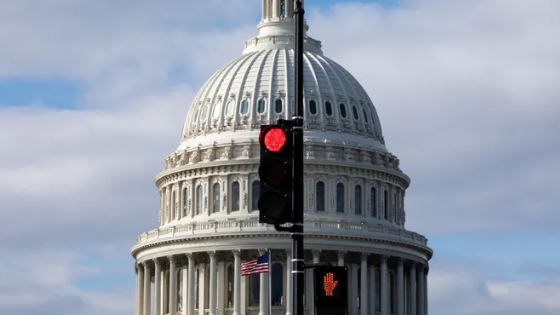One month ago, Governor Gavin Newsom signed Assembly Bill 2316 into law, banning dangerous food dyes that are often served to kids in public schools or provided as incentive snacks for good behavior. However, this ban can’t come soon enough. Unfortunately, the legislation won’t take effect until the middle of the 2027-2028 school year.
Assembly Bill 2316, otherwise known as the California School Food Safety Act, was passed to protect kids from dangerous food dyes including Red Dye No. 40, Yellow Dye No. 5, Yellow Dye No. 6, Blue Dye No. 1, Blue Dye No. 2 and Green Dye No. 3. Each of these are commonly found in some of our favorite foods.
According to the language in Assembly Bill No. 2316, “This bill, beginning December 31, 2027, would prohibit a school district, county superintendent of schools, or charter school maintaining kindergarten or any of grades 1 to 12, inclusive, from offering a nutritionally adequate breakfast or lunch containing specified substances, including, among others, red 40 and yellow 5 and would prohibit a school operated and maintained by a school district or county office of education from selling food or beverages, except for food items sold as part of a school fundraising event, containing those specified substances, as provided.”
The new legislation will affect kids throughout our state. Popular foods like Skittles, Doritos and Twizzlers will all be affected. Students will certainly be disappointed by the outcome, but we’ll have to deal with this one, as food dyes are considered toxic and need to go. Honestly, 2027 is too late. For the sake of children’s health, and for the health of the nation as a whole, food dyes should be eradicated as soon as possible.
Studies have shown that various dyes can dramatically affect the biology of the human body. One specific concern is Red Dye No. 40, as it increases hyperactivity and causes a “sugar rush.” Even non ADD/ADHD kids are susceptible to a hyperactive response.
Another concern is food dye’s correlation to cancer. Red Dye No. 40, Yellow Dye No. 5 and Yellow Dye No. 6 each have been identified as carcinogens, and all are regularly found on food labels throughout any grocery store. Even though these effects are widely known, companies have regularly turned a blind eye to the issue.
Take a moment to absorb that. American companies don’t appear to care about the health of Americans, the very health of those they rely upon to keep them in business. Instead, their priority seems to be solely about money. The snack food industry is a multi-billion dollar endeavor, and your health is secondary to their bottom line.
While some companies are detached from this issue, others have taken action and changed their products. One example is Kellogg’s. According to Food Dive, Kellogg’s used Red Dye No. 40, Yellow Dye No. 6 and Blue Dye No. 1. But public pressure by activists and protesters led to the brand removing the synthetic dyes.
“Today, more than 85% of our cereal sales contain no colors from artificial sources,” Kellogg’s reported. “We continuously innovate new cereals that do not contain colors from artificial sources across our biggest brands, offering a broad choice of nourishing foods for our consumers.”
And this is a good start. But we still must fight to defend teen health from greedy companies that only seek to fatten their bank accounts and make their shareholders happy.
Instead of using artificial food coloring, these companies should replace ingredients with natural coloring and refrain from using harmful dyes in their products. This has already taken place in Canada and Europe where legislation has been crafted to protect their citizens.
“The European Union has not officially banned artificial food dyes. But it does require them to be labeled on all packaging. Some countries have completely banned artificial food dyes, but most just make companies label their dyes,” stated Organic Soda Pops, a company that offers alternative products to its consumers.
California would be wise to model itself similarly. Politicians are public servants who are charged with the responsibility of caring for their people. They should use their power to write laws that require companies to switch from artificial to natural dyes which are far less dangerous for the consumer. By doing this, it assures that the company and the consumer will have a trusted relationship for years to come.













